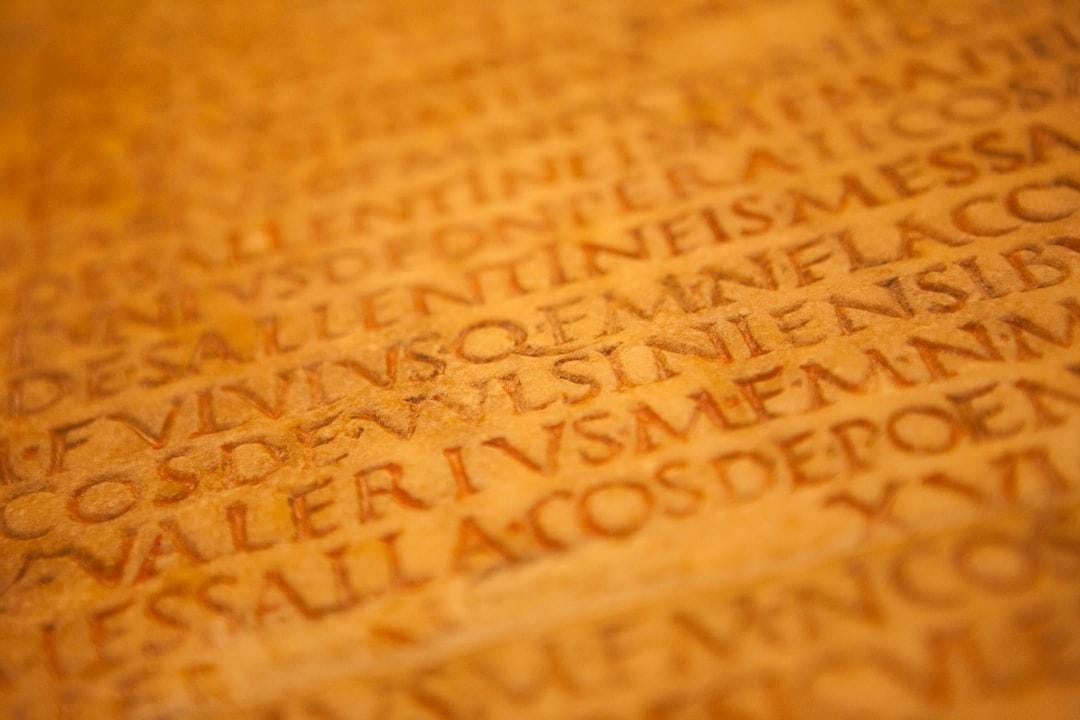CQRG's Winter Medical Terminology Boot Camp
INTRODUCTION TO THE PROGRAM AND MEDICAL TERMINOLOGY
Welcome!
If you are new to the site we invite you to browse our materials and program activities. Simply click on the tabs above to view the activities and reference materials. All of the medical terminology program lessons will be posted on a daily basis in the NOTES section. This program begins today (Monday, December 23, 2024) and concludes on Wednesday, January 1, 2025. Subscribe to receive program updates and monthly study guides emailed directly to you for free.
Introduction To The Winter 24-25 Program
Our program is student-centric. You learn what you want, when you want. As little, or as much as YOU want. Each lesson will build on the previous one. If you don’t have time for a lesson, you can miss one and pick up with another.
Every lesson is designed to be a stand-alone study guide.
Learning Objectives:
This lesson is designed to introduce learners to the origins of medical terminology.
What Is Medical Terminology?
Medical terminology encompasses the terms healthcare practitioners and professionals use everyday. These words are important as clinicians must be able to clearly address and describe all the various diseases, disorders, medical therapies, as well as the parts and functions of the human body. The language that underpins this entire system is referred to as medical terminology. Healthcare professionals receive education and training in different hospitals, regions, and schools; thus, having a single system for medical terminology helps ensure efficient care delivery while lowering the chances of a misunderstanding.
The Origins Of Medical Terminology
Greece
The oldest writings of western medicine originate in Greece.
These are primarily the writings of Hippocrates.
Hippocrates was an ancient Greek physician.
He is sometimes known as the father of medicine; and has often been credited as the founder of modern medicine.
The 5th and 4th century BCE (before the common era) works of Hippocrates relate to numerous aspects of medicine.
His work contains various medical terms.
This period is considered the Greek era of the language of medicine
Many terms we use today to describe and/or diagnose conditions relate back to Greece.
For example:
dyspnea (“bad breathing”) and,
diarrhea (“through flow”).
Key terms from this period were adopted by the Romans, after the Roman conquest.
The Romans imported many concepts and customs of Greek medicine.
Latin Influence
During the first century CE (common era), a Roman author penned a compendium of Greek medicine, but had difficulty as there were no Latin equivalents for much of the Greek medical terminology.
The author of this rare text was Aulus Cornelius Celsus.
His text was called De Medicina.
The work included Greek terms, Latinized Greek words, and Latin
translations.
For example:
The Greek “pyloros.” became: pylorus
Arabic Influence
Many classical Greek works were translated into the Arabic language.
Greek books were received from Romans in exchange for gold
Arab scholars and doctors from that time made many contributions of their own to medical terminology
For example: Arabic word, “nucha”
refers to either the spinal marrow or nape of the neck (hollow of the neck)
“Medical Latin”
The Renaissance
During this time, many people had lost the ability to understand original Greek works.
As such, both Arabic and Greek works were translated fully into Latin.
Only a few decades after the introduction of the printing press, the Celsus book of medicine, De Medicina, was printed in Florence (1478).
For centuries Medical Latin would remain the language of medical works; mostly Latin, with some Greek terms.
National languages would soon begin to take its place, with only one or two nations continuing to write medical notes in Latin as of the early 1800s.
“Medical English”
In the modern era English became the language of choice for most medical journals, papers, and conferences.
Terms such as AIDS, bypass, MRI, scanning, etc. are borrowed from ordinary English and accepted predominately throughout the world.
Key takeaways:
Medical terminology is the language used in healthcare.
The terminology contains Greek and Latin word parts
It includes many modern day English terms, acronyms, and eponyms
Recommended Reading (Optional)
Textbook:
Medical Terminology for Healthcare Professions, Katherine Greene and Andrea Nelson
Read Chapter 1











Welcome to the program!